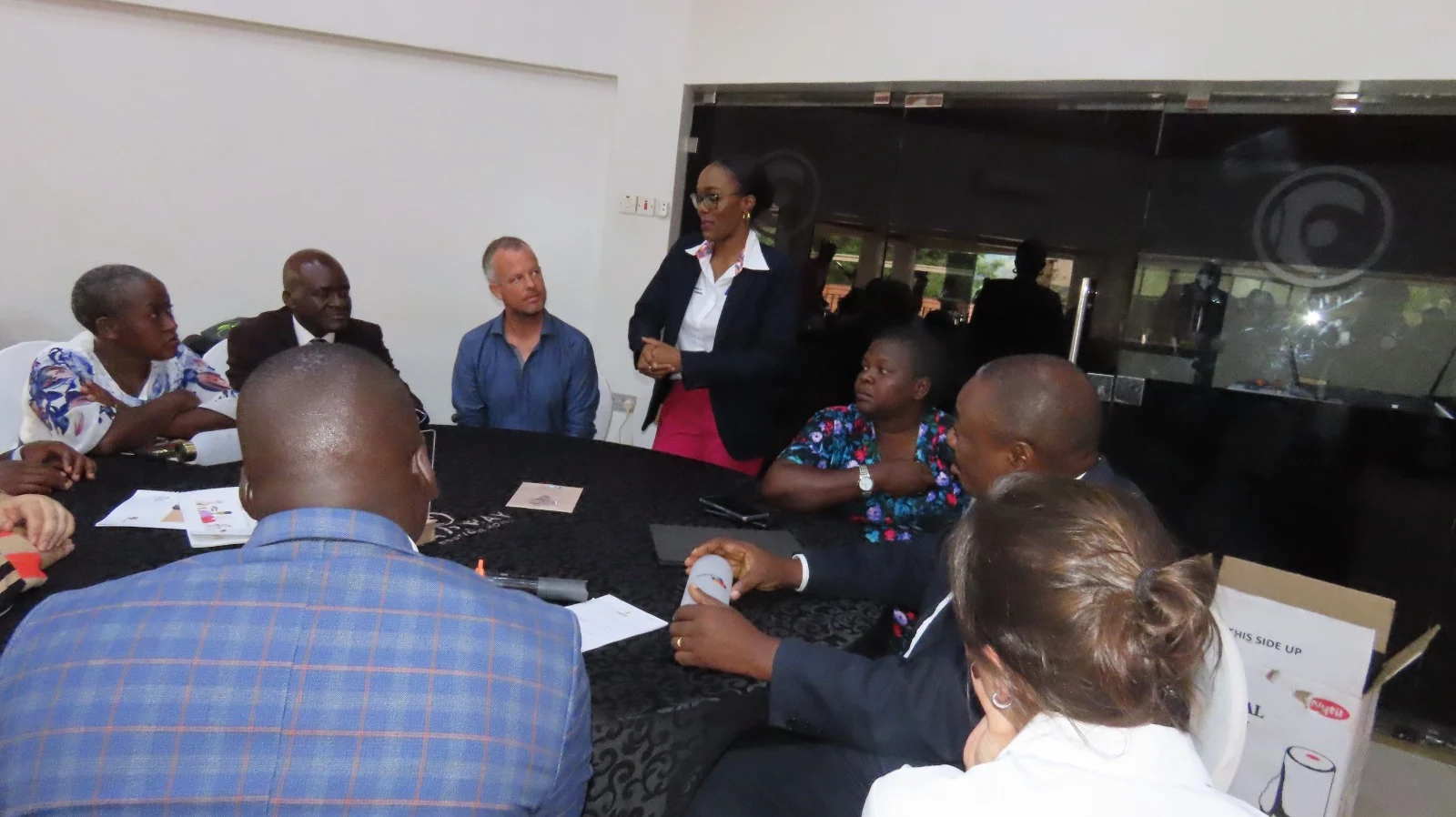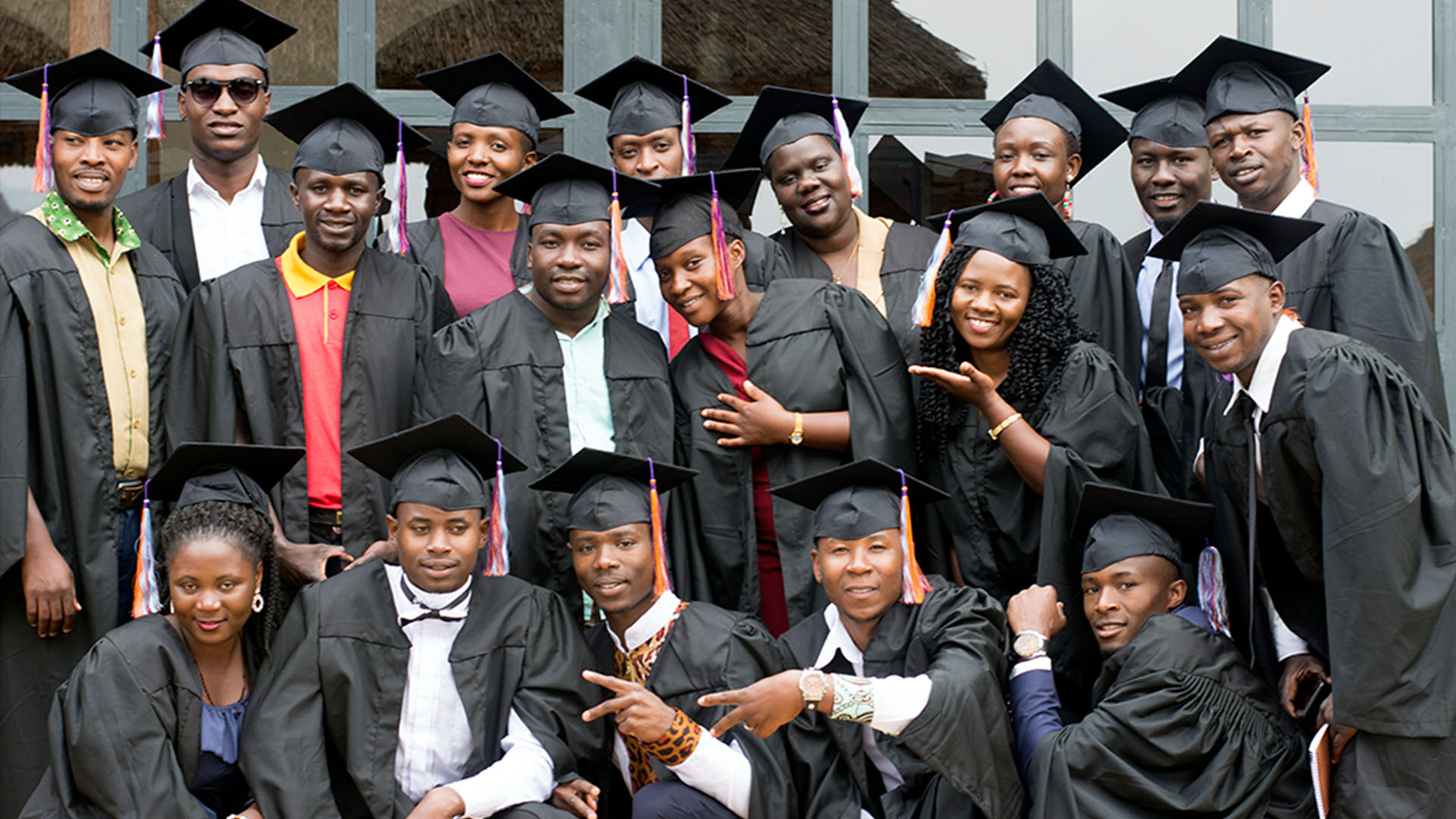Kampala, Uganda— Uganda’s tourism and hospitality sector has received a major boost with the launch of nine open-source training modules aimed at equipping young professionals with practical industry skills.
The modules unveiled this week in Kampala under the Ukarimu initiative are part of a broader effort to enhance workforce capacity and improve employability in one of Uganda’s key economic sectors.
The launch event attracted key players in the tourism ecosystem—including educators, hotel managers, development partners, and government officials—who praised the initiative as a timely intervention to address the persistent skills gap.
Speaking at the event, Richard Kawere, Principal of the Uganda Hotel and Tourism Training Institute (UHTTI), welcomed the development as a strategic milestone.
“This is a game changer. We are excited to adopt this forward-looking curriculum and work closely with stakeholders to build a more competent and professional workforce for Uganda’s tourism sector,” Kawere said.

Bridging the Skills Gap
The new training modules cover essential aspects of tourism and hospitality including customer care, front office operations, environmental sustainability, and housekeeping.
They are designed to offer hands-on learning and real-world relevance, responding to employer demands for practical, work-ready skills.
Funded by the Netherlands Ministry of Foreign Affairs under the CBI TUT-P project and supported by the French Embassy in Uganda through the FSPI project, the curriculum aims to create pathways to decent employment—especially for women and youth—within Uganda’s growing tourism economy.
The open-source nature of the materials means they can be freely accessed and adapted by training institutions, educators, and hospitality businesses across the country and beyond.
A Collaborative African Effort
Ukarimu is Africa’s first open-source tourism and hospitality curriculum. The initiative began in 2018, spearheaded by Ugandan firms EyeOpenerWorks and Mango Tree, with financial support from Booking.com. It has since evolved into a continental collaboration involving institutions from Uganda, Tanzania, Kenya, and South Africa.
Over the years, the initiative has gained backing from development partners including the GIZ Employment and Skills for Development in Africa (E4D) programme, Norwegian Agency for Development Cooperation (Norad), and several Ugandan tourism bodies.
The curriculum reflects extensive input from industry stakeholders such as the Uganda Tourism Board (UTB), the Uganda Hotel Owners Association (UHOA), AUTO, USAGA, and training centers like Rwenzori Tourism Academy, Kawa Training Center, and Kara-Tunga Arts & Tours.

Looking Ahead
The event also served as a platform for networking and strategic dialogue on the future of Uganda’s tourism workforce. Stakeholders emphasized the importance of continuous investment in professional training to ensure Uganda remains competitive in the global tourism market.
“Sustainable tourism is not just about nature and culture—it’s about people. These training modules will help ensure our young people are empowered with the right tools to build fulfilling careers,” said one participant.
As Uganda recovers from the disruptions of the COVID-19 pandemic, the tourism sector is being positioned as a pillar for economic revival. With initiatives like Ukarimu, the country is taking bold steps to ensure its human capital is ready for that challenge
6672 total views , 1 views today
























